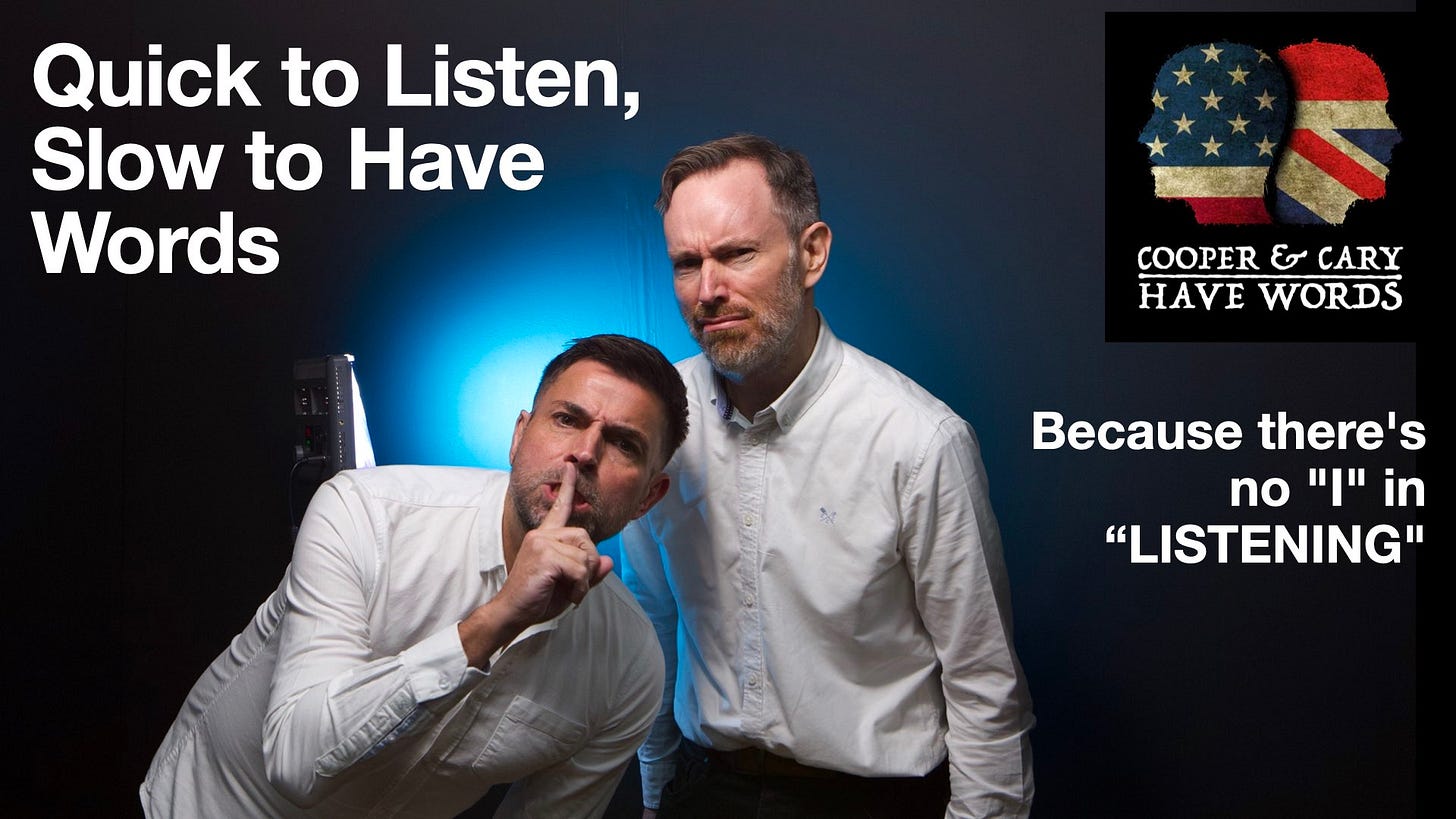You can easily find collections of famous last words. A few are funny. Like Oscar Wilde’s “This wallpaper and I are fighting a duel to the death. Either it goes or I do.” Okay, funny-ish.
Most famous last words are famous people turning to a loved one and saying something sentimental or poignant. Some reveal a kind of mania. Apparently, composer Gustav Mahler spent his last few minutes in bed conducting an imaginary orchestra. His last word was “Mozart!”
My favourite joke in this area, however, is what comedian Bob Hope said when he was asked “What do you want it to say on your gravestone?” He replied, “Surprise me.”
Famous First Words
First words are often much more significant, although not in real life as most of us are screaming, gurgling and trying out noises.
But in a novel or a movie, a character’s first words are significant, or at least they should be. I regularly urge new writers to ensure that each character says something memorable and significant with their first words and actions. You only get one chance to make a first impression. The person reading the script is going to make assumptions based on what the character does and says when they first appear. So make it count.
Let me introduce Michael. I’ve just made him up.
Michael is lying under a classic car in a garage. He slides out in overalls covered in grease and offers an oily hand to shake saying, “You don’t know how to fix the transmission on an Austin 7, do you?”
What have we instantly learned about Michael?
He is obsessed with vintage cars and not just how they look but how they are engineered. From that one line, we also suspect he has a hard time accepting that others do not share his passion. First impressions go deep.
As in Sitcoms, also in The Bible
We should expect to see the same in books of the Bible, although someone’s first words don’t always come at an obvious time. Take Noah. During the whole narrative of the flood, not a single word of speech is reported to come from him. He doesn’t speak until Chapter 9, long after he’s built the ark and the rain and floods have come and subsided and God has renewed his covenant promises. Only after his son Ham exposed his nakedness does Noah speak, saying:
“Cursed be Canaan!
The lowest of slaves
will he be to his brothers.”
Make of that what you will, but it’s clearly quite significant in the overall story of the Bible.
I’ve been thinking about this subject because I’ve been looking at the beginning of Mark’s gospel. It’s a breathless but beautiful romp through the life of Christ. Like, Jesus’s first words don’t come until his first scene. Nor do his first actions.
From verse 9, Jesus is passive. By that I mean Jesus is having things done to him. He is baptised by John. The Spirit descends on him. A voice from heaven speaks about confirming his sonship. And then Jesus is hoofed out into the wilderness to be tempted by Satan.
His first act is in verse 14, followed by his first words:
After John was put in prison, Jesus went into Galilee, proclaiming the good news of God. “The time has come,” he said. “The kingdom of God has come near. Repent and believe the good news!” (Mark 1:15)
The Kingdom of God is at hand. The time has come. The Kingdom of God is one of the big themes of Mark’s gospel, occurring 17 times in 13 places in Mark. Matthew’s longer gospel uses the word 53 times in 42 places and Luke uses the word 41 times in 29 places. The Kingdom of God seems really important. No wonder Jesus opens with it.
Christ as King
And Jesus Christ is our King. That’s what Christ means. He is the anointed one, which is what happens to kings with oil. Jesus is the Son of King David, the King of the Jews. As such a direct challenge to the kingship of Herod and they both knew it, as did Pilate who in all four gospel accounts asks Jesus “Are you the King of the Jews?”
In all four gospels, Jesus is flogged and mocked for claiming to be King of the Jews, and is crucified under a sarcastic sign highlighting his kingship. The gospels crackle with political tension based around Jesus’s kingship and his kingdom.
So it’s rather odd that Christians don’t tend to talk about the Kingdom of God very much when Jesus talk about it so much. Christians talk about God’s people, or believers, or Christians or the Church. Some of us (the chosen few) talk about the Elect. Why is that? We’ll look at that next time.
Quick to Listen, Slow to Have Words
In the latest Cooper and Cary Have Words podcast, James and Barry discuss the art of listening. What does the Bible have to say about it? And how does it relate to anger? Are we bad at listening because it's a selfless thing to do? Listen HERE.




